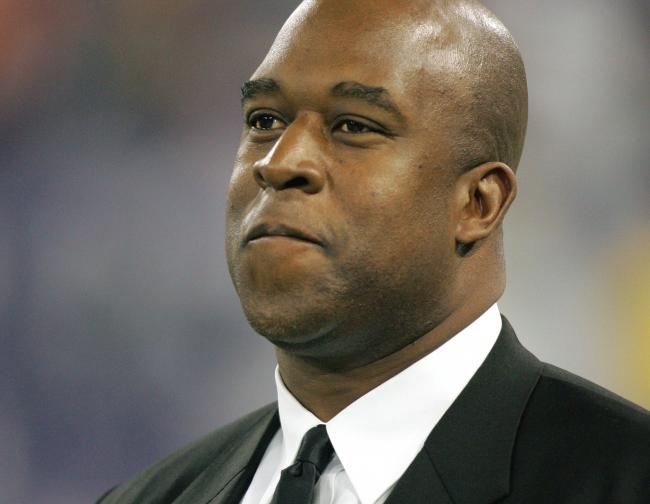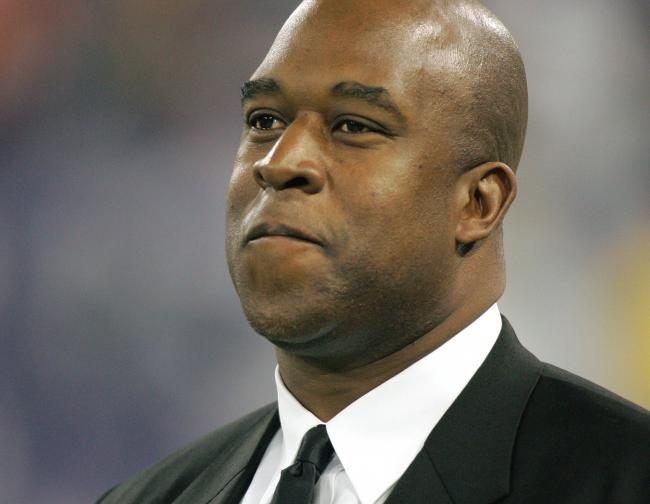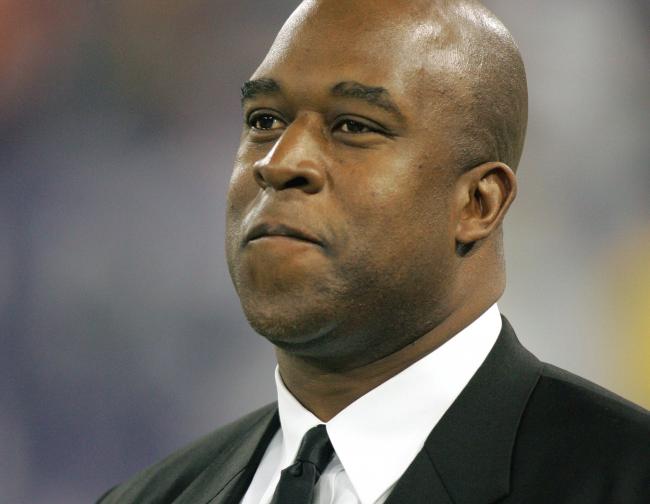(Bloomberg) -- When New York’s attorney general last week accused Bitfinex -- one of the world’s largest crytocurrency exchanges -- of hiding the loss of about $850 million in client and corporate cash, a crucial question was left unanswered: What happened to the money?
Bitfinex contends the funds haven’t gone missing at all. The exchange says the money was deposited with a Panamanian-company called Crypto Capital Corp. and then, through no fault of Bitfinex’s, seized by government authorities in the U.S., Poland and Portugal.
The wild story took another turn April 30 when federal prosecutors announced a grand jury had indicted Reginald Fowler, a 60-year-old Arizona businessman who once had a small stake in the NFL’s Minnesota Vikings. Fowler, along with an Israeli woman named Ravid Yosef, was accused of running an unlicensed money transmitting operation tied to virtual currency trading.
Fowler and a firm identified in the indictment, Global Trading Solutions LLC, have direct ties to Crypto Capital, according to people familiar with the matter. And the indictment notes that money in bank accounts opened by Fowler and Global Trading Solutions has been seized.
U.S. prosecutors, who want Fowler detained so that he doesn’t try to flee the country, said interviews conducted during their investigation have “corroborated in part” that companies affiliated with him may have failed to return $851 million to an unnamed client, according to a May 1 court filing.
Fowler’s attorney didn’t respond to a request for comment and Yosef couldn’t be reached for comment. Crypto Capital didn’t respond to an email seeking comment.
How Bitfinex and Crypto Capital got involved with each other is laid out in an April 26 lawsuit filed by New York Attorney General Letitia James. She alleged that because Bitfinex was unable to access about $850 million in client and corporate funds, it arranged for a loan from Tether Ltd., which is controlled by the same group of executives as Bitfinex. James didn’t bring a case against Crypto Capital.
‘Bad Faith’
Bitfinex, in an April 26 statement, said James’ suit was written in “bad faith and riddled with false assertions.” An email sent to the general counsel of Bitfinex and Tether wasn’t returned.
The attorney general’s case is notable because many traders consider Tether coins, which can be bought and sold on Bitfinex, to be critical to the broader cryptocurrency ecosystem. Tether is widely used to bet on price moves for other tokens and traders rely on it as a substitute for fiat currency, based on Tether Ltd.’s historical claims that each token is backed by $1 of assets. Though, Tether Ltd. said earlier this week that is no longer the case and that its reserves equal 74 percent of outstanding coins.
Tether has long faced regulatory scrutiny. The Justice Department has been probing whether traders used the coins to illegally move Bitcoin prices and the Commodity Futures Trading Commission has been investigating whether Tether’s backers actually had a stockpile of cash to support the currency, according to people familiar with the matter. Officials from both agencies have also been looking into the issues raised by the New York attorney general, one of the people said.
A Justice Department spokesman declined to comment, while a CFTC spokeswoman didn’t respond to a request for comment.
No Banks
The events that triggered the New York attorney general’s suit date back to 2017 when banks stopped doing business with Bitfinex because they didn’t want to be associated with unregulated cryptocurrency trading. So Bitfinex entrusted more than $1 billion in co-mingled client and corporate deposits to Crypto Capital, according to James’ suit.
By late 2018, Bitfinex grew concerned that Crypto Capital might not return its funds, the attorney general said. That’s why Bitfinex engaged in a series of transactions to obtain up to $900 million from Tether Ltd. to cover up the potential losses, James alleges.
The company identified in Fowler’s indictment as holding bank accounts, Global Trading Solutions, is affiliated with another firm named Global Trade Solutions AG, said the people who asked not to be named because they weren’t authorized to discuss the case publicly. Crypto Capital’s website shows it is owned and operated by Global Trade Solutions.
A spokesman for the New York Attorney general’s office didn’t respond to a request for comment.
Personal Accounts
Crypto Capital was also, at least at some point last year, used by crypto exchange Quadriga CX, whose funds have mysteriously disappeared following the death of its founder, Bloomberg reported April 26.
In the Fowler indictment, prosecutors alleged that he moved millions through the U.S. financial system to support virtual currency trading. They also allege that over a two-month period last year he transferred about $60 million dollars from the illicit scheme to his personal bank accounts.
Fowler, of Chandler, Arizona, is better known for his ties to professional football than his involvement with cryptocurrencies. In 2005, he tried to buy the Vikings for $600 million but had to settle for minority ownership when he couldn’t come up with the cash, according to an article by Minneapolis’ Star Tribune. His involvement with the team ended in 2014.
Fowler was also an investor in Alliance of American Football, an upstart professional football league whose inaugural season began in February. The league claimed bankruptcy a few weeks ago after struggling to make payroll. Fowler had committed to be the league’s primary investor but failed to provide needed capital at the end of last year, according to Sports Illustrated.


